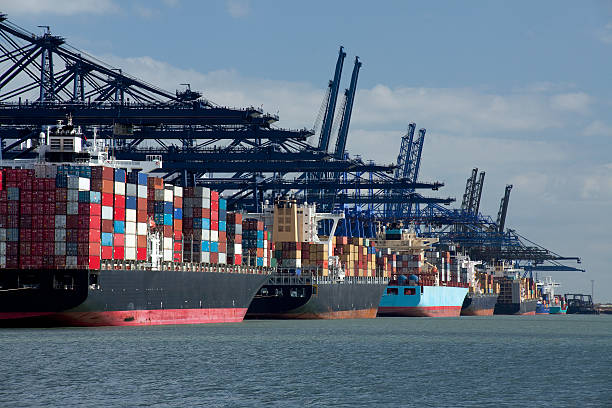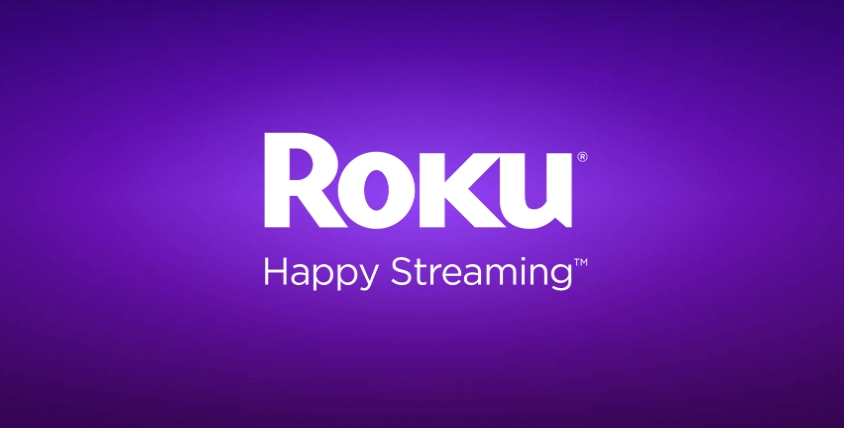[Reuters Breakingviews] China brings shipping battle to US capital market

By Ka Sing Chan
HONG KONG, Oct 15 (Reuters Breakingviews) - China has opened a new front in the epic maritime battle with the U.S.: the capital market. Beijing matched Washington's port fees but is targeting entities with American ownership. That might hit major firms with New York-traded stock. How the rules are enforced will matter, but China is showing it will defend its shipping dominance even at the risk of disrupting global trade.
Maritime tensions between the world's two largest economies kicked off in March, when President Donald Trump's administration unveiled plans to levy special docking fees at American ports for Chinese-built or Chinese-flagged vessels. The aim was to bolster U.S. shipbuilders, which have a 0.1% global market share versus 53% from Chinese rivals. But following months of industry pushback, Washington ended up diluting the measures, which went into effect on Tuesday, by significantly easing fees from initial proposals and exempting many U.S.-based operators.
Nevertheless, Beijing has retaliated with reciprocal port levies on U.S.-linked vessels. While the fees are nearly identical to Washington's, the new rules apply to vessels that are owned or operated by entities that are 25% or more owned by American businesses or individuals. It's a clever move: while U.S.-made ships account for just 4% of the global fleet, firms owning or chartering ships that might be impacted include Australia's BHP BHP.AX and Brazil's Vale VALE3.SA, both of which have American depositary receipts trading in New York. If so, HSBC analysts reckon that will likely lead to a spike in freight rates.
That's potentially far more disruptive than the impact of the U.S. fees. Shipping data firm Alphaliner estimates that the latter could cost up to $3.2 billion in 2026 for the top 10 carriers including MSC and CMA CGM, with China COSCO Shipping 1919.HK bearing the brunt. Moreover, Maersk MAERSKb.CO and others have already switched China-linked ships out of their U.S. shipping lanes.
Perhaps as a show of power, officials in Beijing also on Tuesday sanctioned five U.S.-linked subsidiaries of South Korea's Hanwha Ocean 042660.KS which it accused of assisting and supporting a U.S. probe into Chinese trade practices. Notably, Hanwha recently pledged to invest $5 billion to expand its American shipyard in Philadelphia. This puts other foreign shipmakers and global funds that are helping Trump's efforts to reshore shipbuilding on notice.
China's heft in global shipping and trade means it can not only withstand Washington's salvos but also hit back hard. Against the backdrop of the escalating trade war, expect choppy waters ahead.
CONTEXT NEWS
Starting October 14, U.S. authorities will charge ships of Chinese owners or operators $50 per net tonne of goods they bring to American ports.
China announced countermeasures on October 10 to charge U.S.-linked ships 400 yuan ($56) per net tonne, effective on October 14. In addition to U.S.-built and U.S.-operated vessels, China has also imposed special port fees to ships owned or operated by U.S. individuals or businesses which hold more than 25% of the equity, voting rights or board seats.
The China-US trade war has weighed on Cosco Shipping








